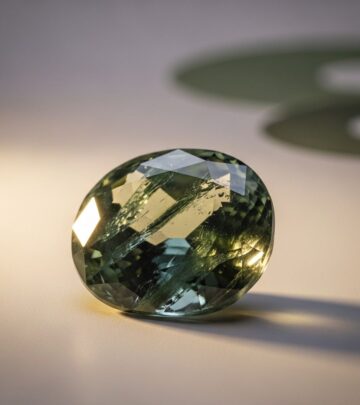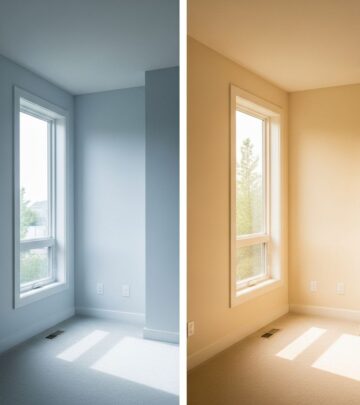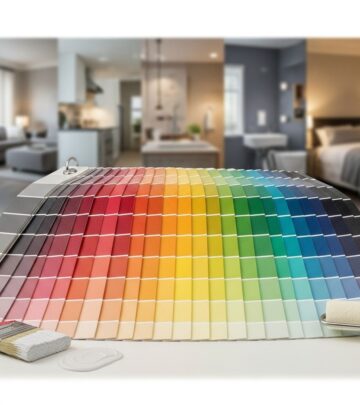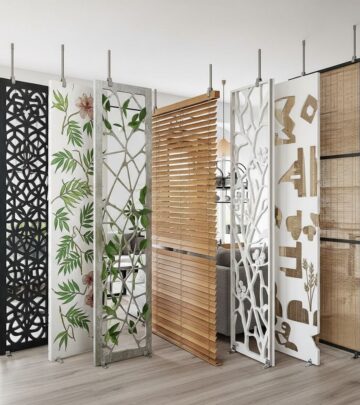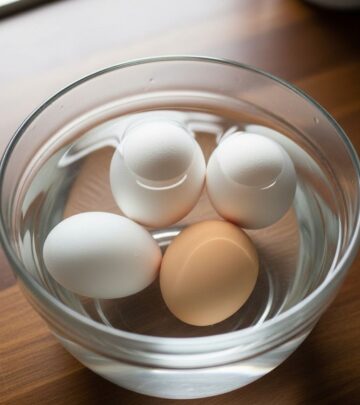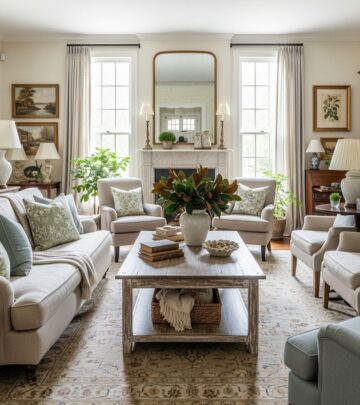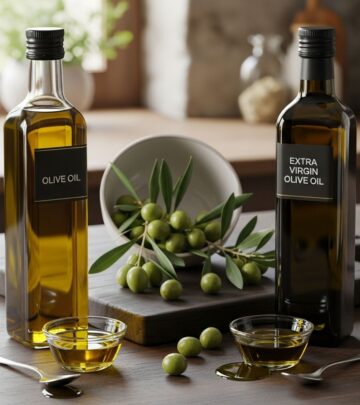A Comprehensive Guide to Pool Types for Your Home
Options ranging from sleek lap setups to eco-friendly natural waterscapes cater to every homeowner’s needs.
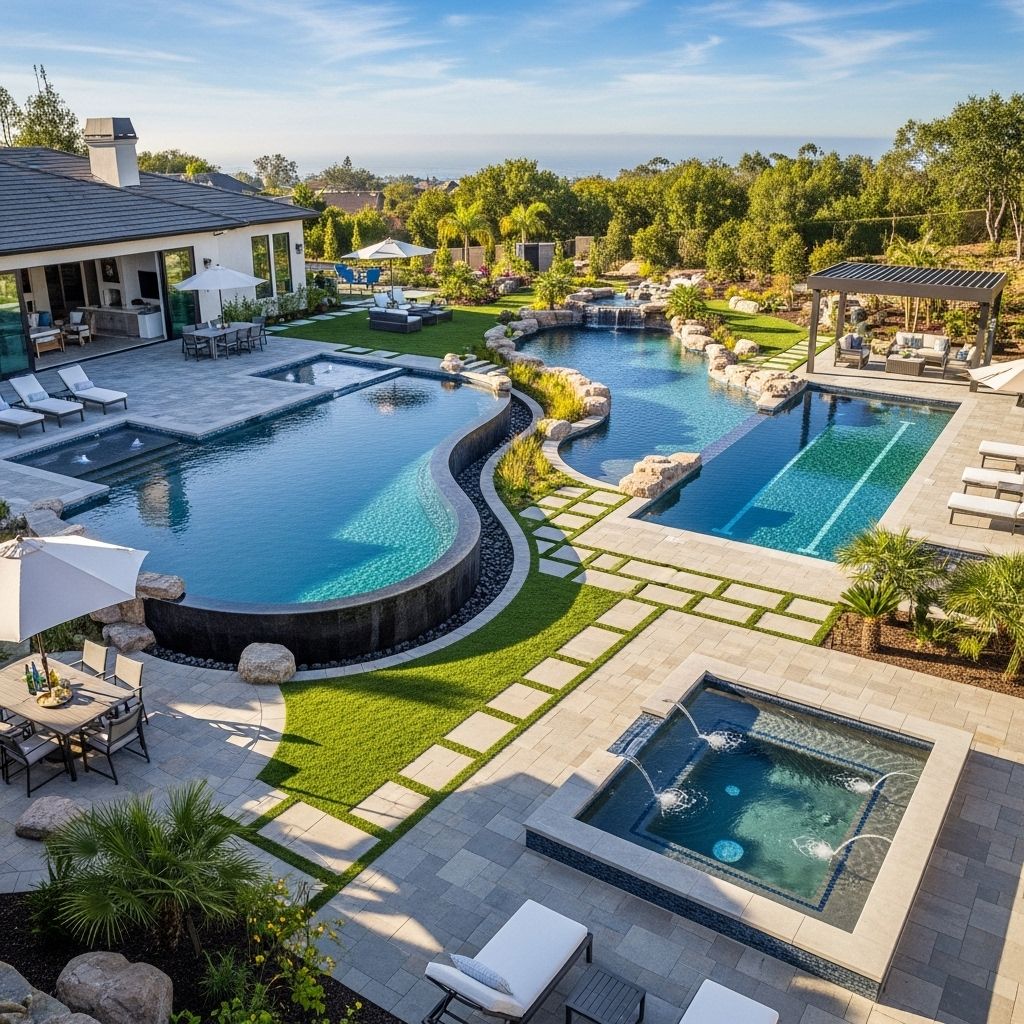
Whether you dream of relaxing beside a shimmering backyard pool or crave a fitness-focused lap pool, choosing the right type can transform your outdoor space—and your lifestyle. From classic in-ground installations to modern saltwater varieties, this guide explores each major pool type, outlining their defining features, pros, cons, and ideal uses. Dive in to discover which pool best fits your home, climate, and preferences.
In-Ground Pools
In-ground pools are permanent fixtures, installed directly into the ground to create a seamless blend with your landscape. Known for their durability and design flexibility, these pools are a long-term investment that often boosts property value.
Common In-Ground Pool Materials
- Concrete Pools (Gunite): Highly customizable, can be shaped to almost any design, and offers durable finishes like plaster, pebble, or tile.
Best For: Unique shapes, custom features, longevity.
Considerations: Higher cost, longer installation, regular resurfacing required. - Fiberglass Pools: Pre-molded shells installed directly into ground.
Best For: Fast installation, smooth surfaces, lower maintenance.
Considerations: Limited in size and shape, may need professional repairs if damaged. - Vinyl Pools: Feature a vinyl liner over a frame (made of steel, polymer, or concrete).
Best For: Cost-effectiveness, moderate customization.
Considerations: Liner replacements needed every 7–10 years, risk of tears.
Popular In-Ground Pool Designs
| Design | Description | Common Materials |
|---|---|---|
| Diving Pool | Deep center for diving boards; requires significant depth for safety. | Concrete, Gunite |
| Freeform Pool | Asymmetrical, blends with landscape for natural look; highly customizable. | Concrete, Gunite |
| Infinity Pool | Edge design visually merges water with horizon; ideal for scenic locations. | Concrete, Gunite |
| Lap Pool | Long, narrow, and rectangular; designed for swimming exercise. | Concrete, Fiberglass, Vinyl |
| Natural Pool | Mimics pond or lake, features aquatic plants, sand, and stone; usually chemical-free. | Depends on design—often concrete plus landscaping |
| Plunge Pool | Small, deep pools for quick dips, cooling off, or wading. | Concrete, Gunite, Fiberglass |
Above-Ground Pools
Above-ground pools offer budget-friendly, flexible options for backyard fun. They’re ideal for families seeking a seasonal solution or those with limited space or landscapes that don’t support permanent installations.
- Usually made from steel, resin, or aluminum frames lined with vinyl.
- Round, oval, and rectangular shapes available.
- Quick to install and relatively easy to remove or relocate.
- Can be accessorized with decking, fencing, and landscaping for improved aesthetics.
Pros: Affordable, quick setup, minimal excavation.
Cons: Shorter lifespan than in-ground, limited size/depth, design constraints.
Indoor Pools
For homeowners seeking year-round swimming, indoor pools provide climate-controlled comfort and privacy, shielded from weather and external pollutants.
- Installed inside a purpose-built structure or existing building.
- Require specialized climate, ventilation, and humidity controls to protect buildings and maintain water quality.
- Improve privacy and security; suitable for cold climates.
Pros: All-season use, customizable ambiance, added privacy.
Cons: High installation cost, complex engineering, ongoing energy for climate control.
Specialty Pool Types
Beyond traditional pools, several specialty types cater to specific preferences, property constraints, or wellness goals. Here’s an overview of popular options:
- Lap Pools: Rectangular pools designed for exercise and fitness, space-efficient for narrow yards.
- Natural Pools: Eco-friendly, chemical-free pools; blend harmoniously with landscaping and use regeneration zones for filtration.
- Infinity Edge Pools: Also called vanishing or negative edge—water flows over one edge for dramatic visual effect, best for scenic or elevated sites.
- Plunge Pools: Compact, deep pools ideal for hydrotherapy, cold therapy, or tight spaces.
- Spools: Small pools that merge spa and pool features, providing a warm soaking experience or a tiny lap pool—great for socializing in small lots.
- Rooftop Pools: Innovative, space-saving pools installed on rooftops for unique views and urban enjoyment.
- Olympic-size Pools: Standardized, extra-large pools for schools, gyms, or swim clubs; designed for competitive training.
- Architectural Pools: Designed as a cohesive part of a building’s design, emphasizing artistic or style-focused elements.
Saltwater Pools
Saltwater pools use a salt-chlorine generator to convert dissolved salt into chlorine, reducing the need for manual chemical additions and resulting in softer-feeling water.
- Gentler on skin, eyes, and hair than traditional chlorine pools.
- Modern systems offer precise chlorination and simplified maintenance.
- Initial equipment costs are higher, but ongoing chemical costs tend to be lower.
Pros: Reduced chemical handling, more comfortable swimming.
Cons: Expensive equipment, possible corrosion issues, not completely chlorine-free.
Comparing Pool Types: Table Overview
| Pool Type | Best For | Main Pros | Main Cons |
|---|---|---|---|
| In-Ground Pool | All-around recreation, property enhancement | Durable, customizable, value-adding | High cost, lengthy build |
| Above-Ground Pool | Budget-friendly fun, temporary solutions | Affordable, flexible | Less durable, limited lifespan |
| Indoor Pool | Year-round use, privacy | Weatherproof, private | Expensive, humidity control |
| Lap Pool | Fitness, exercise | Space-efficient, health benefits | Not ideal for play |
| Infinity Pool | Luxury, scenic sites | Visual appeal, dramatic view | High cost, complex design |
| Natural Pool | Eco-friendly, landscaping | Chemical-free, unique design | Complex maintenance, algae risk |
| Saltwater Pool | Chlorine-sensitive swimmers | Softer water, easy care | Equipment cost, corrosion |
How to Choose the Best Pool Type for Your Home
Deciding on the right pool involves several factors, including budget, space, local climate, maintenance preferences, and intended use. Here are some key considerations to guide your choice:
- Budget: In-ground and specialty pools cost more for installation but offer superior durability and customization. Above-ground pools are less expensive and ideal for seasonal enjoyment.
- Available Space: Large lots favor big in-ground installations or freeform designs, while spools, plunge, and rooftop pools suit small urban properties.
- Maintenance: Saltwater systems can simplify care; natural pools involve balancing ecosystems, and vinyl liners need periodic replacement.
- Climate: Outdoor pools shine in milder climates; indoor pools offer all-season access in areas with harsh winters or hot summers.
- Use: For exercise, lap pools excel; for relaxation or socializing, freeform, plunge, or spool pools may be preferable.
- Customization: Concrete/gunite pools offer unlimited creative freedom, while pre-molded fiberglass pools have fixed shapes and sizes.
Pool Features and Enhancements
Modern pools can be outfitted with a wide range of features that elevate both aesthetics and usability. Consider these enhancements:
- Lighting: LED and fiber optic systems for nighttime ambiance and safety.
- Water Features: Waterfalls, fountains, jets, and bubblers provide movement and sound.
- Heating Systems: Gas and electric heaters, solar covers—extend swim season and comfort.
- Covers & Fencing: Automatic covers, safety fencing for children and pets.
- Smart Controls: Automated systems for filtration, heating, and cleaning.
- Landscaping & Decking: Integrate pool design with plants, hardscaping, and seating areas.
Frequently Asked Questions (FAQs)
Q: What is the most affordable pool type?
A: Above-ground pools and smaller plunger or spool pools tend to have the lowest initial cost. In-ground pools cost more but last longer.
Q: Which pool is easiest to maintain?
A: Fiberglass pools and well-managed saltwater systems generally require less maintenance than concrete or natural pools, which need balancing or resurfacing.
Q: Can I install a pool in a small backyard?
A: Yes. Plunge pools, spools, and lap pools can fit narrow or confined spaces, while above-ground models may be suitable for temporary solutions.
Q: What type of pool is best for exercise?
A: Lap pools and larger in-ground pools facilitate fitness, swimming laps, and aquatic workouts. Many homeowners also add swim jets for resistance training in smaller pools.
Q: Are saltwater pools better than chlorine pools?
A: Saltwater pools tend to be gentler on skin and eyes, but they are not completely chemical-free and the equipment carries a higher upfront cost. Both systems have merits depending on your needs.
Q: How long does pool installation take?
A: Above-ground pools may take days, while in-ground concrete pools can require weeks to months depending on weather, permitting, and custom features.
Conclusion: Your Perfect Pool Awaits
With a wealth of pool styles—from traditional in-ground and above-ground models to lap, saltwater, and natural options—there’s a solution for every space, lifestyle, and budget. Evaluate your priorities, consult with experienced pool professionals, and transform your backyard into a personal paradise that aligns with your vision and values. Whether you seek a fitness oasis, a family hub, or an elegant retreat, the right pool awaits.
References
- https://www.masterclass.com/articles/types-of-pools-explained
- https://www.neavegroup.com/blog/pools/choosing-from-different-types-of-swimming-pools/
- https://www.compass-pools.co.uk/learning-centre/news/complete-guide-to-swimming-pool-types/
- https://www.hammerhead-aquatics.com/blogs/types-of-swimming-pools
- https://luxurypools.com/guides/pool-shapes/
- https://www.familyleisure.com/Blog/Comparing-Different-Types-of-Pool-Installations/
- https://pooltron.com/ultimate-swimming-pool-type-guide/
- https://www.ecosmarte.com/blog/ultimate-guide-to-inground-pools
Read full bio of Sneha Tete

